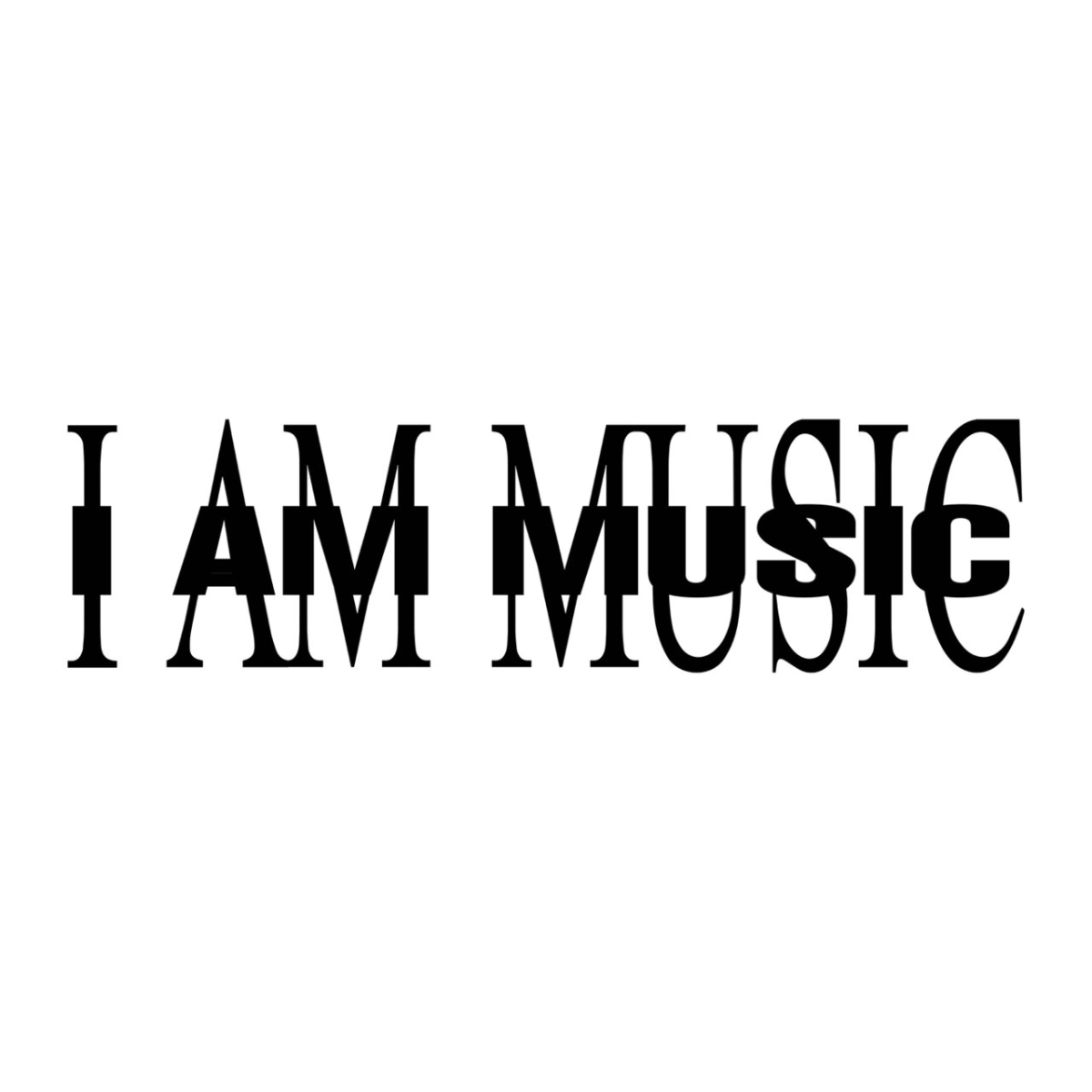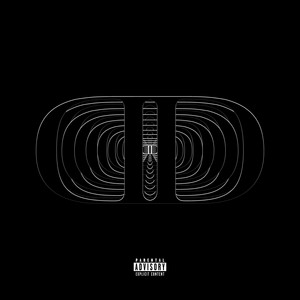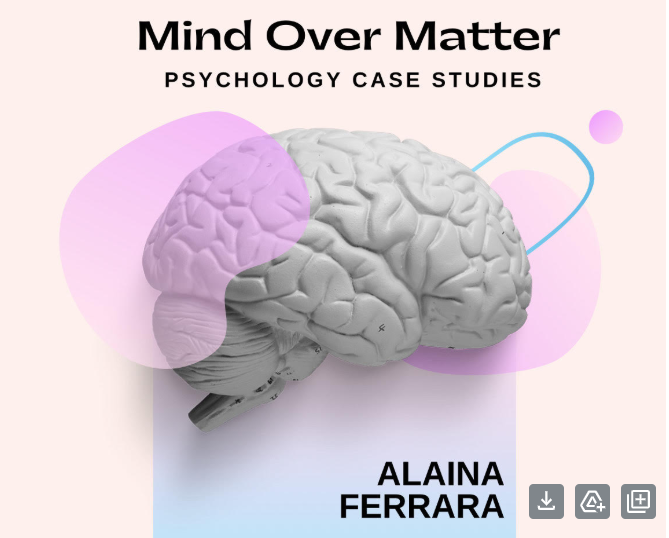Debate: The SAT VS ACT — Which Exam Should You Take?

September 14, 2018
As the new school year approaches for many students, it is familiar to note a common source of anxiety for many incoming sophomores and freshman. More specifically, it is not unusual to hear this topic in discussions centered around one’s plans for college. While talk of the common application comes much later, a subject that arises early in the conversation is none other than the frightening idea of taking the SAT versus the ACT and the ultimate choice of which is more beneficial.
Take for instance, students A and B. While Student A tells his friends about the expensive prep course that would let him master the ACT, Student B comes to the defense of his decision to take the SAT, offering numerous reasons as to why the SAT raises your chances of getting accepted by your dream school. However, unknown to many here at Freehold Township, the decision to take a certain exam because a school prefers it is not an ideal way to go. Standardized tests are not made to suit the preferences of schools like NYU or Princeton during admissions season. Rather, they are designed based on the decision of the test taker, according to his or her particular skill set. Take it from former director of admissions of Harvard College, Marlyn McGrath-Lewis, when she stated that “since it’s a choice you can make, it has the feeling of being a significant choice, fraught with implication, and truly, either one is fine with us.”
Similarly, it is important to note that no exam is particularly easier in difficulty. While colleges utilize scores from both exams as means to assess admission and merit based scholarships, it is the format to take into consideration when finding the more accomodating exam. The SAT has a reading section, a writing and language section, a math portion, and the choice to take an optional essay, all within a span of 3 hours and 50 minutes (3 hours without the essay). It also has five reading passages and covers mathematical topics such as arithmetic, algebra I and II, geometry, trigonometry, and data analysis, with parts in the math section that do not let you use a calculator. The essay, on the other hand, will test your comprehension of a passage. Objectively, it it is scored on a scale of 400-1600, being shortened from the old version ranging till 2400.
In contrast to the SAT, the ACT has an english section to test common high school grammar, a mathematics section, a reading section with four passages, and a science reasoning section, accompanied with the decision to write the essay. The essay provides you with a prompt and four perspectives that have an opinion of that issue, with some limitations that you have to analyze. Your task is then to determine which perspectives you agree with, if any, or take up an entirely different perspective and identify why you disagreed with the others. In a breakdown of the ACT, you’ll find that the english section provides 45 minutes to answer 75 questions, the mathematics gives 60 minutes to tackle 60 questions, and the reading and science sections give 35 minutes for 40 questions. Pacing yourself on both exams tends to be difficult, but enough practice with both formats allows you to narrow down what you feel most comfortable with.

The most common choice and perhaps the more “sensible” option for many would be the SAT, largely due its popularity among many test takers in the East Coast. Or perhaps because the science reasoning section is the part that many believe would require greater preparation and review. This is largely false. The science reasoning section, at a glance, is truly daunting. Numerous graphs, experiments, and data charts leave you scattered in a limited time span. However, at its core, the science reasoning tells you what it will assess you in its name – no knowledge required here.
Also, note that the ACT prides itself in allowing you to use the “letter of the day” method, so guessing on a tough question is completely allowed, but not encouraged. Simply analyze the data to the best of your ability, use personal order of difficulty and process of elimination and move on. Seems easy enough, right? It’s actually not. The science section is designed to limit the progression of test takers, and missing only five questions bump you down to a score of a 29 out of a 36 on that section. Despite this, the fact of the matter remains that the ACT is not trying to trick you, whereas the SAT is. Eliminating excess information is a skill that is taught to us all, and both exams test our ability to do so in various formats. Be it in the science section of the ACT or the math portion of the SAT, you are required to determine the crux of the question and go with the answer that seems best.
Additionally, the idea that students from the East Coast are meant to take the SAT and students from the West Coast are meant to take the ACT is not true. Now more than ever, students in the west coast are engaging the SAT with more preparation and the East Coast is approaching the ACT with full confidence and engagement. According to the New York Times, the number of ACT test takers on the East Cast in 2007 rose 66% and the West coast rose 46% for the SAT, an estimate that has increased greatly in the last couple of years.
A word of advice to any student divided over which exam to take: predictive tests are the best way to ease the weight your decision, and I urge you to take the PSAT and Pre ACT, along with any practice tests available at PrepScholar.com or The Princeton Review website in real time (meaning to sit without any distractions to score yourself accurately).
As Cigni Vanni, a school counselor at Cherry Hill High School West in New Jersey once said, “The great test takers are great test takers, no matter what instrument they’re playing. And the kids at the other end, who consistently get 350s on the SATs or 11s on the ACTs, are not going to do better no matter which test they take.” Additionally, Vanni pointed out that “there’s a cluster in the middle [of students] — who work really hard in school, and these are the kids who do better on the ACT. They are compliant with school, willing to go the extra mile, ask the extra question, do their homework. And for them, the ACT is much more like just another school-based test than the SAT is.” This holds true even today, ten years later.
A look at recent studies would reveal that Mr. Vanni’s words hold true; as students find themselves conflicted with the choice to take the SAT over the ACT or vice versa, the choice to take either exam follows with its respective opportunities and restraints. While this opinion may seem like a commonly known point, the aspiring test taker remains oblivious to the fact that one option is not more underwhelming, easier, or the more preferred by any school. The only standard of comparison and decision making is yourself.
As Swedish economist Dag Hammarskjold once said, “never look down to test the ground before taking your next step; only he who keeps his eye fixed on the far horizon will find the right horizon.” The best advice I can give to you is to listen to your own comforts and skills, and never fear changing your decision. The only person in charge of your future is you, so seize the opportunity and go with the exam feels best. After all, the only factor that influences your admission at any school beyond standardized tests, is you!





















































